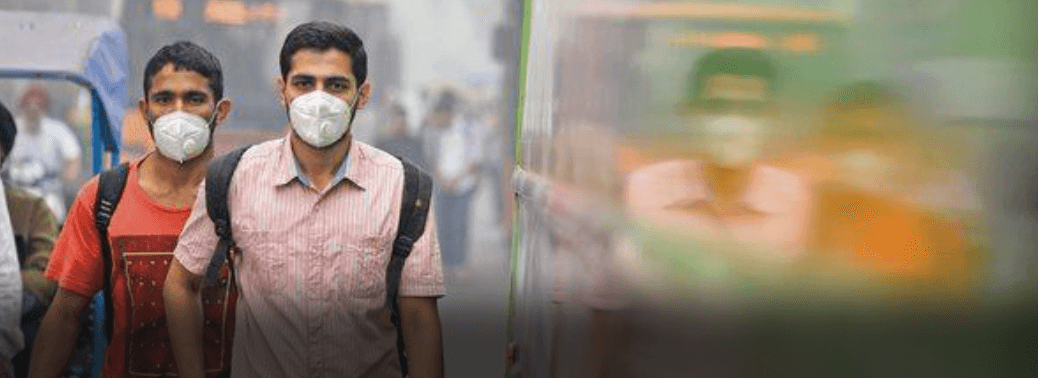COMMITTEE CONSTITUTED TO OVERSEE CLEAN AIR PROGRAMME
30, Apr 2019

Prelims level : Environment
Mains level : GS-III Technology, Economic Development, Bio diversity, Environment, Security and Disaster Management
Why in News
- The Union Environment Ministry has constituted a committee to implement the National Clean Air Programme (NCAP), which aims to reduce particulate matter (PM) pollution by 20%-30% in at least 102 cities by 2024.
Details:
- The committee will be chaired by the Secretary, Union Environment Ministry and has among its members the Joint Secretary (Thermal), Ministry of Power; Director-General, The Energy Resources Institute (TERI), the Delhi-based think-tank; and Professor Sachidananda Tripathi, Indian Institute of Technology-Kanpur (IIT-K).
- The NCAP is envisaged as a scheme to provide the States and the Centre with a framework to combat air pollution.
- The committee would be headquartered in New Delhi and its remit includes ensuring “inter- ministerial organisation and cooperation, sharing information and resolving issues that could arise between ministries. The committee would also give overall guidance and directions to effectively implement the programmes,
- States in which the cities are located are expected to produce plans that include increasing the number of monitoring stations, providing technology support, conducting source apportionment studies, and strengthening enforcement. For achieving the NCAP targets, the cities would be expected to calculate the reduction in pollution, keeping 2017’s average annual PM levels as the base year.
- The World Health Organisation’s (WHO) database on air pollution over the years has listed Tier I and Tier II Indian cities as some of the most polluted places in the world. In 2018, 14 of the world’s 15 most polluted cities were in India
- The NCAP requires cities to implement specific measures such as “ensuring roads are pothole-free to improve traffic flow and thereby reduce dust”
National Clean Air Programme (NCAP).
- The National Physical Laboratory (NPL), one of the country’s premier research and development units, is developing India’s own certification facility for air pollution monitoring equipment.
- The move could boost the ‘Make in India’ initiative as NPL expects demand for such equipment to soar as part of the centre’s National Clean Air Programme (NCAP).
- At least 40,000 such machines are being used by the Central Pollution Control Board (CPCB) and other government agencies, as well as private companies, to monitor air pollution levels, including both ambient and source-based emissions.
- The Continuous Emission Monitoring System (CEMS), which was introduced in India in 2014, is used to measure source-based emissions from 17 categories of grossly polluting industries in real time.






